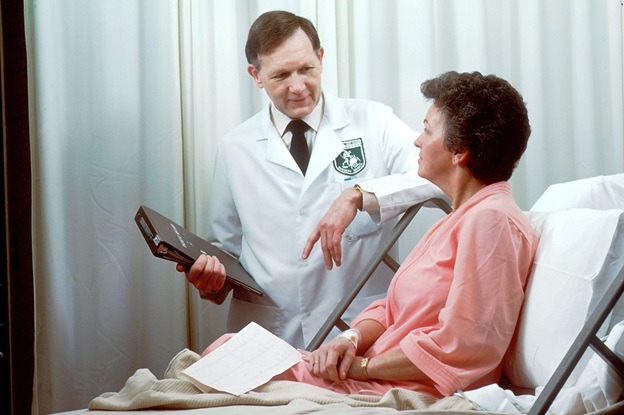Pursuing a degree in medicine and going to medical school are probably two of the most significant decisions a person can make in their life. As such, when considering applying to a medical school, you need to make a lot of decisions and considerations to ensure you’re making the right choice.
The whole process starting from preparation to the application, is very stressful but also rewarding.
Before applying to any medical school, ask yourself several important questions to make sure you know what you’re getting into.
1. Are You Motivated Enough?
Med school isn’t exactly going to be a walk in the park, and you’ll have many sleepless nights studying and gulping down coffee. Ask yourself if you’re motivated enough to take this stress because you’ll have to take it for four long years.
Not only will this period cost you time, but it also tests a lot of your limits, both physically and mentally. Only commit yourself to apply to a medical school if you feel motivated enough to do exactly what you want to do. Otherwise, you’ll find yourself burnt out quickly.
2. Are You Ready For Debt?
Going to medical school isn’t exactly cheap and will set you back a lot financially in the future to pay off the debts. The average graduate spends around $241,600 to earn their degree in med school, which is quite the sum. For most students, this money doesn’t come out of their parent’s pockets—they have to take out loans from banks and other financial institutions.
Student loans have been one of the biggest issues for students for a few decades now, and currently, it’s at its worst. On average, it usually takes most college students at least a decade to clear off their loans. If you have to take a loan to attend medical school, consider very carefully whether you’re ready to shoulder the debt or not.
3. Are You Willing To Move?
Unless you’re lucky, the medical school of your choice probably won’t be located in your hometown or state. That means you’ll possibly need to move away from home or somewhere you’re familiar with to a new place for your medical education. Make sure you factor in a long-term move before you start applying.
4. Are You Considering All Options?
When choosing which medical schools you want to apply to and attend, make sure you’re considering all the options at hand. Though medical degrees are the most commonly pursued, there are many other avenues and options in the medical field, such as radiology, pathology, psychiatry, etc. All of which are also important medical fields.
Once you’ve decided on which course to pursue, you’ll also need to find the best online MCAT prep course to prepare yourself for the admission tests. Good preparation is necessary when making such an important life decision.
5. Are You Ready To Lead?
If you’re determined to pursue a career in the medical field, it helps to have good leadership skills. As a fully-trained physician, you’ll be expected to take charge, initiative, as well as be resourceful for other staff while trying to multitask your own professional responsibilities. Don’t fret; you can cultivate them through practice if you don’t consider yourself a natural-born leader.
6. Do You Want a Work-Life Balance?
For medical professionals, having a work-life balance can be very difficult, an important thing to consider since your medical career will take up most of your time. As a healthcare provider, you’ll have to pull in shifts as long as 20 hours, which easily makes maintaining a work-life balance difficult.
Also, even when studying you’ll have little time for yourself or your loved ones, so choose carefully.
If a work-life balance is important for you, pursue a medical degree that offers more flexibility. That way you can be happy with both work and your personal life.
7. Do People In Your Life Approve?
This is an important decision to consider if you have people relying on your presence in their lives, like a sick parent, a troubled sibling, or maybe a spouse. If you have significant burdens and responsibilities, pursuing a career in medicine may not be the best idea. So make sure the people in your life are supportive of your career decision.
Make Your Choice Carefully
Choosing to be a medical professional is not an easy decision and comes with many hardships and responsibilities. Unless you’re sure you’re ready to face them head-on and don’t have any significant responsibilities holding you back, keep asking yourself these questions until you have a concrete answer. That way, you’ll save a lot of wasted time and resources down the line.
